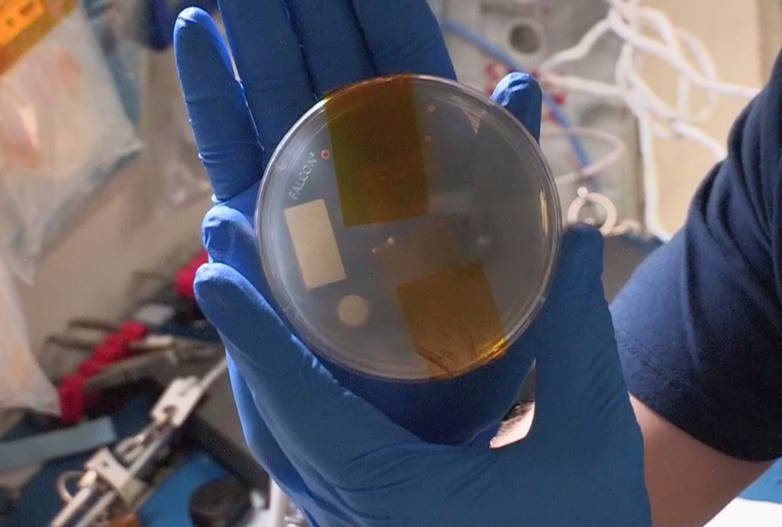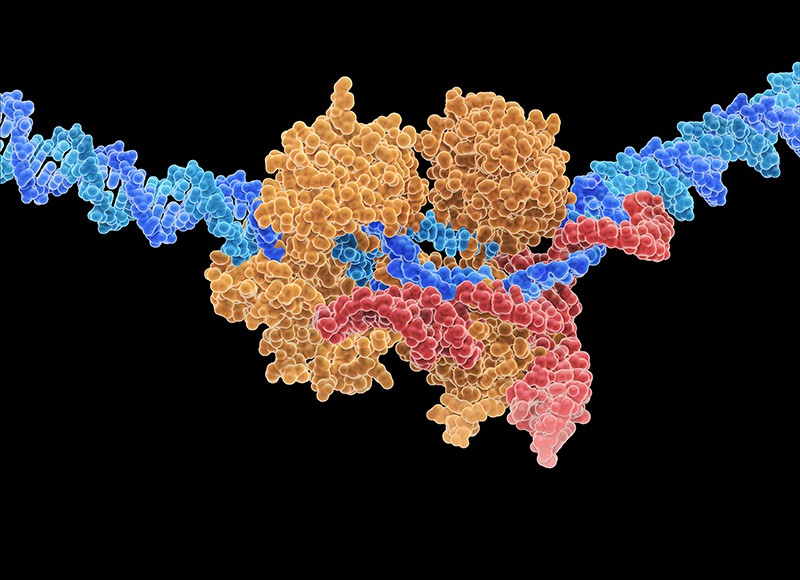Genome Engineering in the News
Page 1
Nobel Prize winner to discuss benefits of GMOs in Iowa State lecture
Roberts is one of 129 Nobel Laureates contributing to a campaign to convince governments and the public to support the use of GMOs in order to increase food production, reduce dependency on insecticides, and end hunger in developing countries.
Genetically Modified Organisms - Feeds and the Food Chain
Author:
Dr. Maurice Eastridge, Extension Dairy Specialist, The Ohio State University
Programming the Code of Life—Stephen Ekker, The Genome Writers Guild
Not long ago, the idea of being able to edit DNA with the same precision as we edit a Word document or computer code was merely science fiction, but today it’s reality, and it’s having an impact on the world around us. Technology that’s been in the making for the past three decades is now being implemented into everyday life, and holds the potential to completely transform the way we live our lives. Dr. Stephen Ekker is Dean of the Graduate School of Biomedical Sciences, Director of the Office of Entrepreneurship, and professor of biochemistry and molecular biology at the Mayo Clinic. He’s also a member of the Genome Writers Guild, a genome engineering society which promotes understanding, education, and awareness surrounding the value and implications of gene editing and genome engineering. He joins the podcast today to discuss the way in which this technology has already impacted the world, current research being done in the area of immunotherapy for cancer, how this technology could contribute to the development of truly customized therapies, and what to anticipate in the coming years. Learn more by tuning in and visiting genomewritersguild.org.
There’s a Fungus Among Us
June 26, 2019Author:
Emerson Fuller, Microbiology scholar, classical literature lover, plant-mom, and aspiring science communicator

USDA Proposes New SECURE Biotechnology Regulations to Protect Plant Health and Promote Agricultural Innovation
June 6, 2019House Committee Votes To Continue Ban On Genetically Modified Babies
June 4, 2019A congressional committee voted Tuesday to continue a federal ban on creating genetically modified babies in the United States.
2019 Nature Biotechnology’s Academic Spindouts of 2018
Featuring Perry Hackett,
Cofounder, Recombinetics
GWG Patron and Founder
First Successful CRISPR/Cas9 Gene Editing on International Space Station
May 23, 2019For the first time, astronauts have used CRISPR/Cas9 technology to edit DNA in space.
Australian gene-editing rules adopt ‘middle ground’
April 23, 2019 Updated regulations allow scientists to use some genome-editing techniques in plants and animals without government approval.
First U.S. Patients Treated With CRISPR As Human Gene-Editing Trials Get Underway
April 16, 2019The powerful gene-editing technique called CRISPR has been in the news a lot. And not all the news has been good: A Chinese scientist stunned the world last year when he announced he had used CRISPR to create genetically modified babies.
Four new DNA letters double life’s alphabet
February 21, 2019Scientists have doubled this number of life’s building blocks, creating for the first time a synthetic, eight-letter genetic language that seems to store and transcribe information just like natural DNA.
New U.S. Experiments Aim To Create Gene-Edited Human Embryos
February 1, 2019A scientist in New York is conducting experiments designed to modify DNA in human embryos as a step toward someday preventing inherited diseases, NPR has learned.










